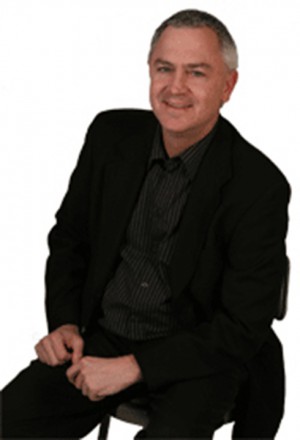“The true college,” writes the African-American author W.E.B. DuBois (in words etched in stone in the walkway at Brooks Residential College), “will ever have one goal – not to earn meat, but to know the end and aim of that life which meat nourishes.”
In “The Souls of Black Folk,” which contains the most eloquent defenses of liberal education ever written by an American, DuBois opposed the exclusion of African-Americans from the right to vote and from civic equality. But he objected equally to the exclusion of African-Americans from the pursuit of a truly liberal education, to their being limited to a merely instrumental education, and education in a trade.
In arguing that education, whatever instrumental ends it might serve, is intrinsically worth pursuing, DuBois stands in a long line of great thinkers, going back to Socrates and St. Augustine.
As we at Baylor ponder the question of the value of higher education, its intrinsic merit, we would do well to keep DuBois in mind.
In the nation’s most elite institutions, there is a growing sense that these very institutions have lost sight of their core mission. A professor of computer science and former dean at Harvard, Harry Lewis contends in “Excellence Without a Soul: How a Great University Forgot Education,” that the “ideal of liberal education lives on in name only.” University education, Lewis finds, offers students no sense of “larger purpose in life.”
Similar arguments are made by former Yale Law School dean Anthony Kronman in his book “Education’s End: Why Our Colleges and Universities Have Given Up On the Meaning of Life.” Kronman argues that students need to study the most important accounts from the past and the present of what constitutes a worthy human life.
But liberal education is not just about the big questions. It is also about the pursuit of truth in a variety of disciplines, about the cultivation of certain kinds of habits, habits of hard work, humility and intellectual honesty.
Put more bluntly, liberal education provides students with what one contemporary author calls a “bullshit meter,” an ability to distinguish solid arguments from slick rhetoric, what is of enduring significance from a passing fad.
Most fundamentally, liberal education fosters a love of learning.
As Lewis notes, what is distinctive about college life is the possibility it offers students for a short but crucial period in the years between adolescence and adulthood to become “immersed in the life of the mind.”
Liberal education is about the spirit of wonder, a spirit that knows no bounds — it can be equally present in an English poetry class, a chemistry lab, a music tutorial or a philosophy seminar.
Considered a distinctive capacity of human persons by great thinkers from Socrates to J.R.R. Tolkien, wonder is a counter to two of the chief vices of our time: inordinate certitude, the confidence that we know everything there is to know, and skepticism, a surrender of the human spirit that despairs of the very quest for truth.
By cultivating the habit of wonder, liberal education provides one with the habit of ongoing inquiry. An educated person is characterized not so much by the possession of stock set of answers as by the capacity to ask the next relevant question in whatever matter is under discussion or investigation.
Lewis, Kronman and a host of others worry that such an ennobling vision of liberal education is now subordinate to a consumerist worldview; in contemporary America, that view is driven by physical comfort and entertainment.
It is not a coincidence that, at the same time as this worldview has come to prominence in America, universities have pumped enormous resources into offering students the latest and best in exercise, food and entertainment options.
In this atmosphere, universities can easily lose track of the one thing necessary for a university, the one thing that it alone can foster: the cultivation of the intellect in light of higher ideals.
With its commitments, spelled out in the new vision document Pro Futuris, to the pursuit of truth and the discovery of knowledge; to the breaking down of artificial barriers between student life and academic life through the development of residential colleges and living-learning centers; to the integration of Christian faith and the intellectual life; and to the fostering among students, faculty and staff an appreciation of our divine calling — Baylor University aspires to an ennobling vision of liberal education.
Socrates, the founder of liberal education, might as well have been challenging each of us when he spoke to his fellow citizens, saying:
“You are an Athenian, a citizen of the greatest city with the greatest reputation for both wisdom and power; are you not ashamed of your eagerness to possess as much wealth, reputation, and honors as possible, while you do not care nor give thought to wisdom or truth, or the best possible state of your soul?”
– Dr. Thomas Hibbs, distinguished professor of ethics and culture and dean of the Honors College



